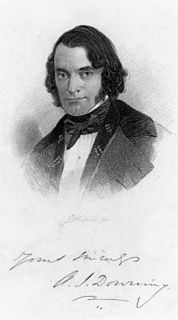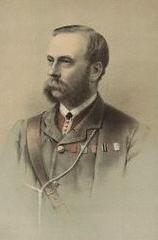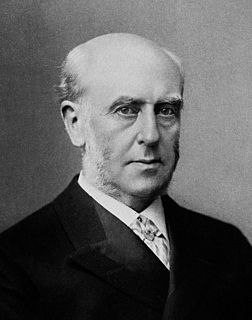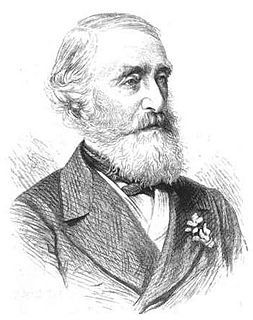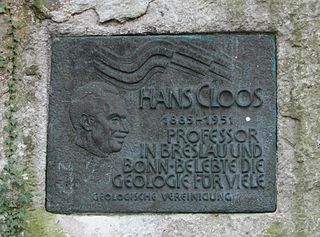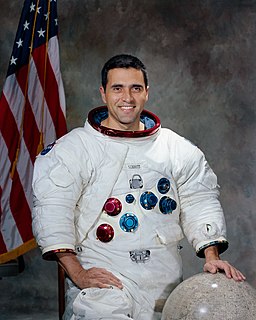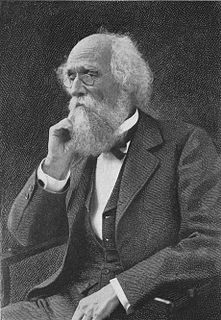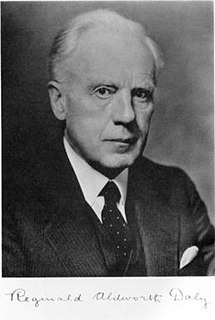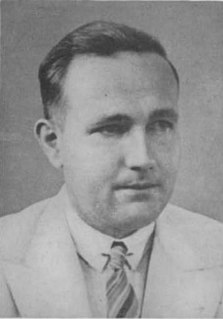A Quote by William Buckland
The human mind has a natural tendency to explore what has passed in distant ages in scenes with which it is familiar: hence the taste for National and Local Antiquities. Geology gratifies a larger taste of this kind; it inquires into what may appropriately be termed the Antiquities of the Globe itself, and collects and deciphers what may be considered as the monuments and medals of its remoter eras.
Related Quotes
Judges of elegance and taste consider themselves as benefactors to the human race, whilst they are really only the interrupters of their pleasure ... There is no taste which deserves the epithet good, unless it be the taste for such employments which, to the pleasure actually produced by them, conjoin some contingent or future utility: there is no taste which deserves to be characterized as bad, unless it be a taste for some occupation which has mischievous tendency.
Architecture, either practically considered or viewed as an art of taste, is a subject so important and comprehensive in itself, that volumes would be requisite to do it justice. Buildings of every description, from the humble cottage to the lofty temple, are objects of such constant recurrence in every habitable part of the globe, and are so strikingly indicative of the intelligence, character, and taste of the inhabitants, that they possess in themselves a great peculiar interest for the mind.
A good taste in art feels the presence or the absence of merit; a just taste discriminates the degree--the poco piu and the poco meno. A good taste rejects faults; a just taste selects excellences. A good taste is often unconscious; a just taste is always conscious. A good taste may be lowered or spoilt; a just taste can only go on refining more and more.
With my cheek leant upon the window pane I like to fancy that I am pressing as closely as can be upon the massy wall of time, which is forever lifting and pulling and letting fresh spaces of life in upon us. May it be mine to taste the moment before it has spread itself over the rest of the world! Let me taste the newest and the freshest.
Some people have criticized the United States and the United States military for guarding oil fields and not guarding the Iraqi National Museum which had priceless antiquities in it. They say that this shows a fundamental lack of respect for Iraqi history. I want to remind those people of this: The oldest relics in the museum, 5,000 or 6,000 years old. That oil is 65 million years old. You had to guard that. ... Those antiquities will only last another 5,000 or 6,000 years. When we burn that oil, those fumes will linger long after.
Everywhere we are told that our human resources are all to be used, that our civilization itself means the uses of everything it has - the inventions, the histories, every scrap of fact. But there is one kind of knowledge - infinitely precious, time-resistant more than monuments, here to be passed between the generations in any way it may be: never to be used. And that is poetry.
To the possible enquiry as to the probable character of a successful flying machine, the writer would answer that in his judgment two types of such machines may eventually be evolved: one, which may be termed the soaring type, and which will carry but a single operator, and another, likely to be developed somewhat later, which may be termed the journeying type, to carry several passengers, and to be provided with a motor.




